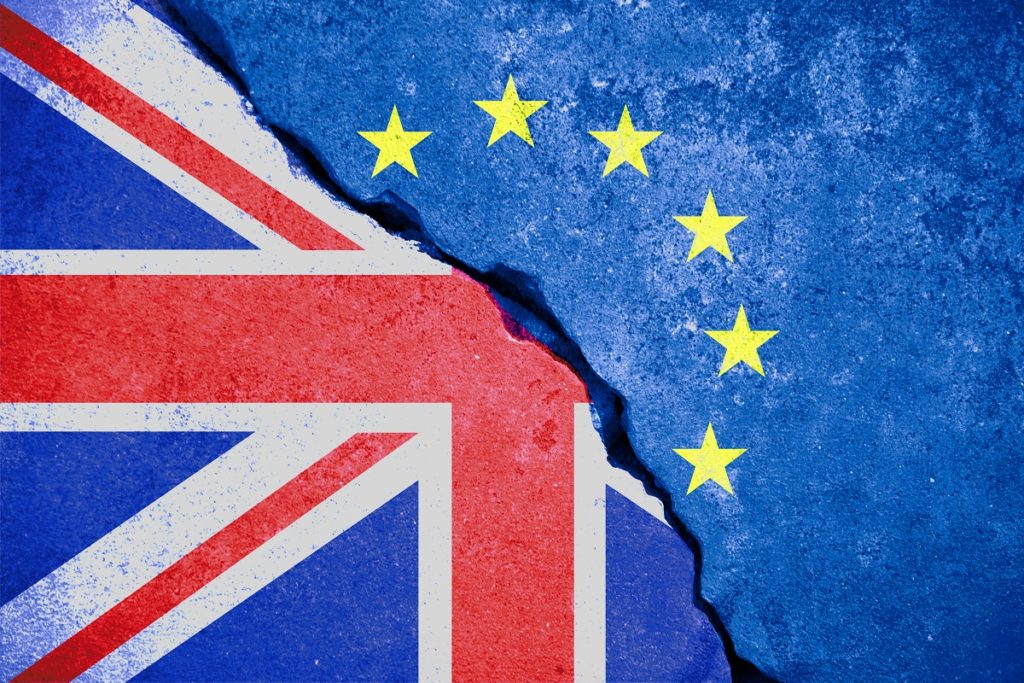Building a strong foundation of a successful start-up while ensuring the lights stay on is a difficult job. Founders must contend with limited resources, whether it’s time, money, or manpower. They are managing all aspects of the business, from sourcing affordable raw materials to deciding on the best payroll services they will use long-term. Uncertainty and risk are their bread and butter as they try to break the status quo in hopes of achieving their dreams.
Start-ups located in the United Kingdom, though, have it even harder than their counterparts in other places in the world. They must deal with the implications of the United Kingdom leaving the European Union — the move being called Brexit. The decision is a big blow to the start-up community as London has been lauded for its dynamic and diverse environment for budding businesses, especially in technology. It won’t be surprising to see most UK start-ups having employees hailing from different parts of Europe.
Since the announcement of the Brexit deal three years ago, UK start-ups have to deal with a long list of decisions that will affect their business. It doesn’t help that no specific rules and regulations are surrounding the move as the government debates on its current form. Here are some implications that UK start-ups must be prepared for:
Staying in the UK or moving to another EU country?
It’s hard to let go of the different perks start-ups enjoy in an EU-affiliated country. Some of these include the free movement of people between countries, favourable trade prices, and supportive investment and funding environment. They will lose all these benefits if they continue to operate in the UK. However, there is still the possibility that the UK will have its own scheme to encourage the growth of the start-up community. Nevertheless, many start-ups are weighing the advantages and disadvantages of moving across the border. Other countries are even sweetening the deal like Estonia, which is granting e-residences to international start-ups.
Dealing with settlement status and visas
Before the Brexit, citizens could travel and work in all countries under the European Union without many rules and fanfare. That perk will no longer be available for those planning to vacation or do business in the United Kingdom and vice versa. That is a problem for international start-ups as they must get settlement permits and visas for their diverse staff. The hassle and length of the process can dissuade promising talents and employees to set their sights in the community. No one would fault them if they ended up choosing start-ups and businesses with favourable regulations and legislations.
Dropping in funding and investments

Start-ups won’t survive without initial investments and funding that will fuel the first few years when profit is low. Brexit complicates matters as these companies won’t be able to access the EU’s many programs for external financing. One of these is the Horizon 2020 programme that has consistently awarded the UK around €5 billion in grants and seed money. Both the EU and the UK have to renegotiate their terms of engagement, which can endanger the birth and continuity of promising start-ups.
Brexit will forever change how the EU and UK will be operating in terms of trade, businesses, and tourism. Start-ups have their work cut out for them as they try to make the most favourable decision to keep their company alive and thriving.



